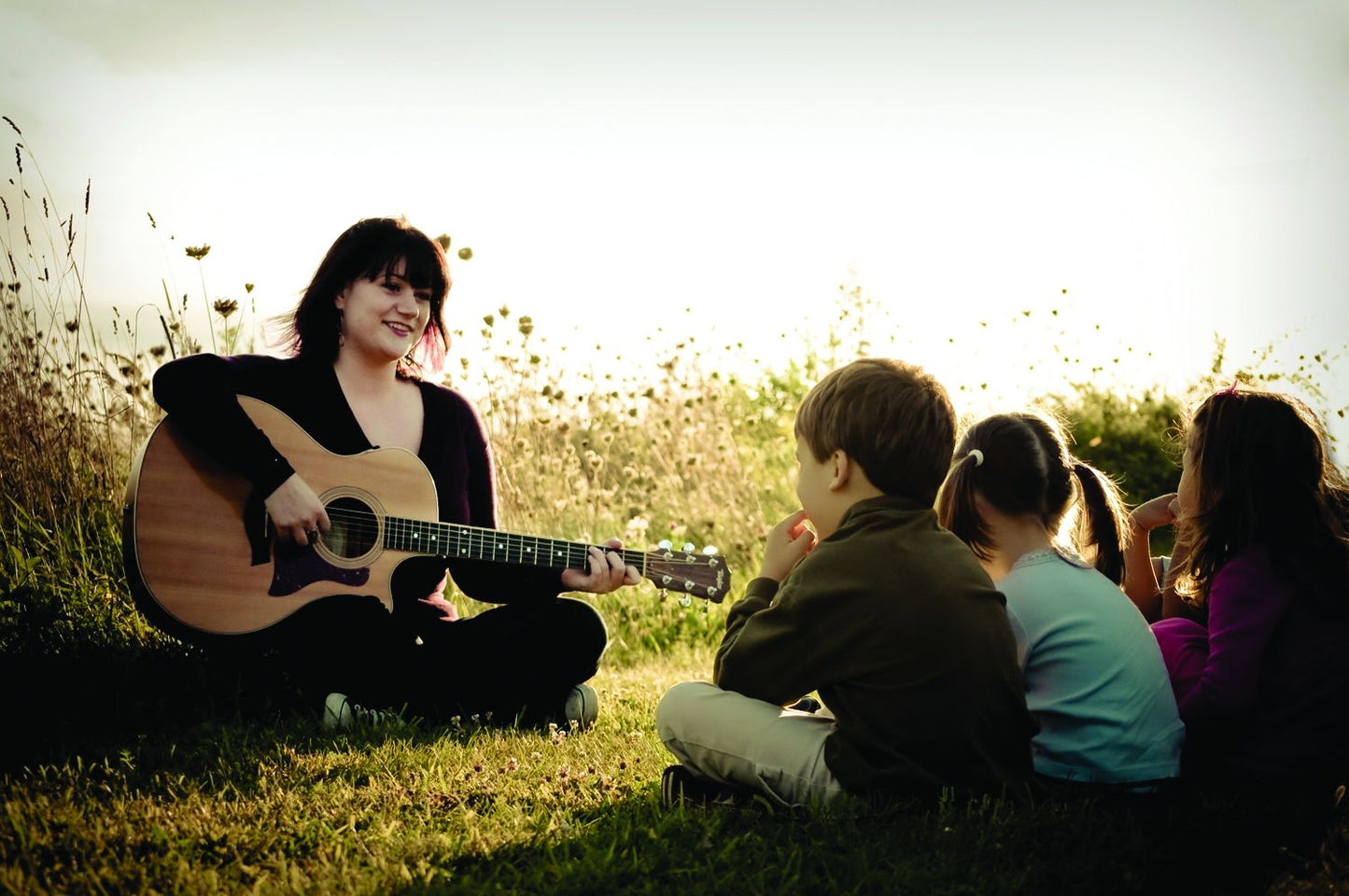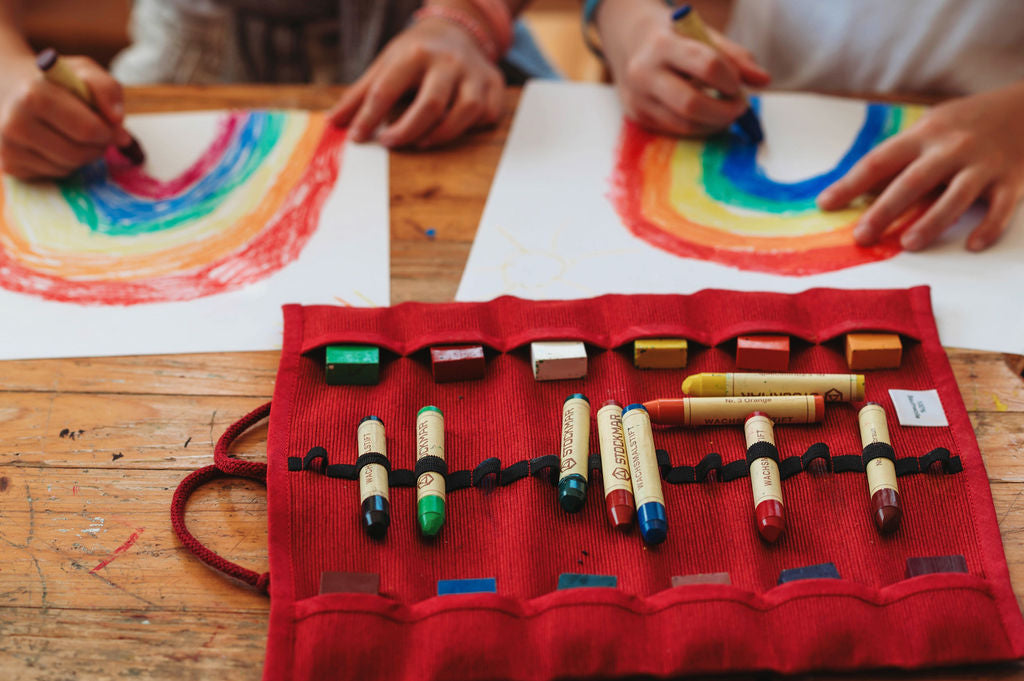
"Music is a universal language that can bring people together, regardless of their backgrounds. By exposing children to different types of music, we can help them become more open-minded and culturally aware."
Music education has the power to move us in ways that words alone cannot. It can evoke emotions, transport us to different places, and connect us with others. But music is more than just a form of entertainment. Numerous studies have shown that music plays a critical role in the development of young children, providing benefits that can last a lifetime.

Music has the power to move us in ways that words alone cannot. It can evoke emotions, transport us to different places, and connect us with others. But music is more than just a form of entertainment. Numerous studies have shown that music education plays a critical role in the development of young children, providing benefits that can last a lifetime.
One study published in Psychology of Music found that music instruction can improve phonemic awareness in beginning readers, which is the ability to identify and manipulate the sounds of language. This suggests that music education may support early literacy development. Another study published in Hearing Research found that musical experience can enhance the neural processing of speech in older adults, indicating that music education may have cognitive benefits across the lifespan.
But the benefits of music education go beyond just improving cognitive abilities. A study published in Frontiers in Psychology found that music training is associated with certain personality traits such as openness to experience. And a study published in Psychology of Music found that music instruction can enhance emotional and cognitive processing in children, including improved recognition of emotions in facial expressions and improved working memory.
The impact of music education on a child's development starts at a very young age. In a review of literature on music perception and cognition in infants, published in Annals of the New York Academy of Sciences, researchers found that exposure to music at an early age may contribute to the development of auditory and cognitive skills. Babies as young as four months old can detect differences in rhythm and melody, and studies have shown that music can have a calming effect on infants and help them sleep.
But the benefits of music education go beyond just cognitive and emotional development. Learning to play an instrument requires discipline, focus, and practice, skills that are valuable in all areas of life. In fact, a study published in the Journal of Applied Psychology found that individuals who studied music as children tend to have higher levels of achievement in academics and professional careers.
These skills learned through music education can also have a positive impact on social and emotional development. Children who learn music in a group setting, such as a school band or choir, learn important social skills such as teamwork, collaboration, and communication.
In addition to these developmental benefits, music education can also serve as a form of self-expression and a way for children to connect with their emotions. Playing an instrument or singing can be a therapeutic outlet for children, allowing them to express their feelings in a safe and creative way. For children who may struggle with verbal communication or expressing themselves through words, music can provide an alternative means of self-expression.
Furthermore, music education can serve as a way for children to connect with their cultural heritage and traditions. Exposure to different styles of music from around the world can broaden a child's cultural awareness and appreciation, and may even inspire them to learn more about their own cultural background. In a world that is becoming increasingly diverse, it is important for children to learn about and appreciate different cultures, and music can be a powerful tool for achieving this goal.
Despite the numerous benefits of music education for children, it is unfortunately often one of the first programs to be cut from school budgets. This is particularly concerning for children from low-income families, who may not have access to private music lessons or other forms of musical instruction outside of school. It is important for parents and educators to advocate for music education in schools and to support programs that provide access to music education for all children.
The importance of music in the life of a child cannot be overstated. Music education provides numerous developmental benefits, including cognitive, emotional, social, and cultural development, as well as valuable life skills such as discipline, focus, and teamwork. It is up to parents and educators to ensure that all children have access to music education, regardless of their background or socioeconomic status. By doing so, we can help children develop into well-rounded individuals who are better equipped to succeed in all areas of their lives.
At Blue Otter Toys we understand the important role quality instruments play in music education. Many of our musical instruments are designed for use by children, but should not be considered “toys.” The glockenspiels have high quality tones that are meant to guide and develop a child’s musical ear, not distort it. Our lyres are likewise designed to have a pleasing sound. We wish you and your children years of discovery and joy on your music education journey together.
"The effects of music education go far beyond the ability to play an instrument or sing a song. It can help develop language, cognitive and social skills, and even improve academic performance."







